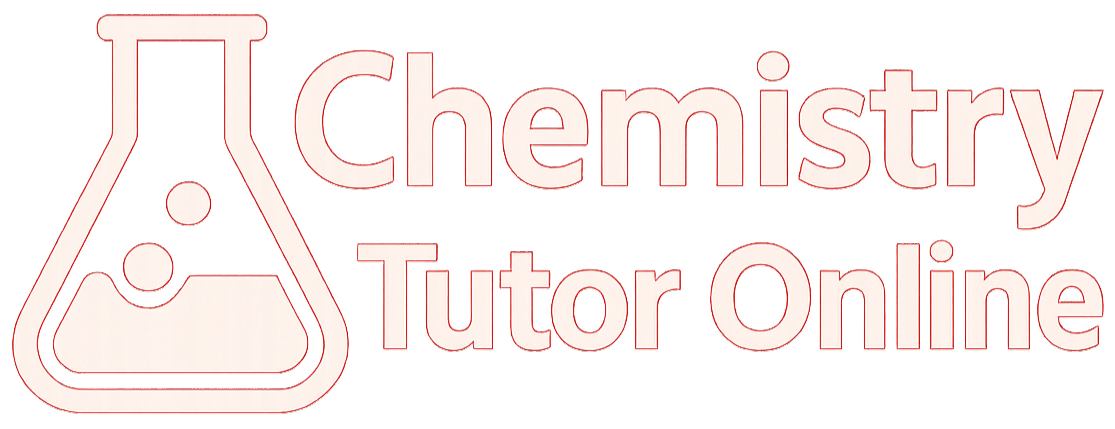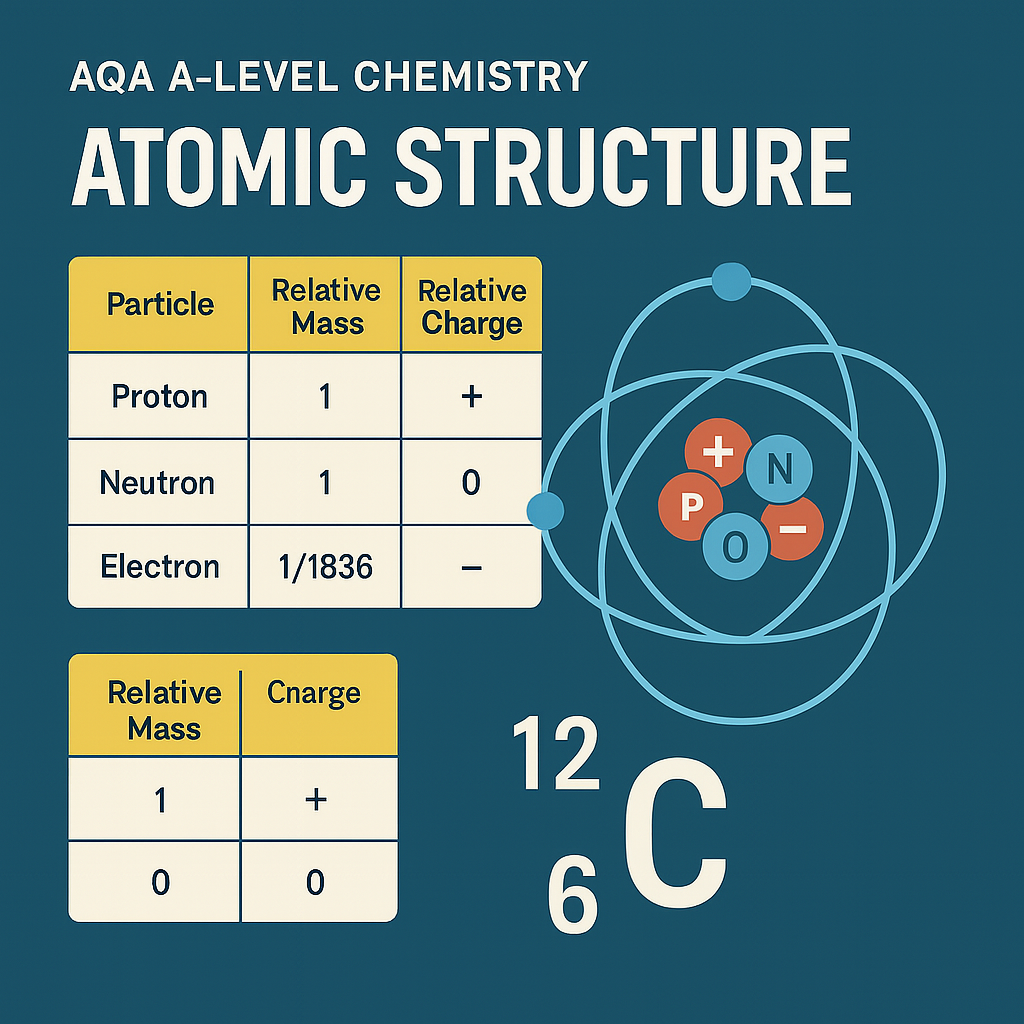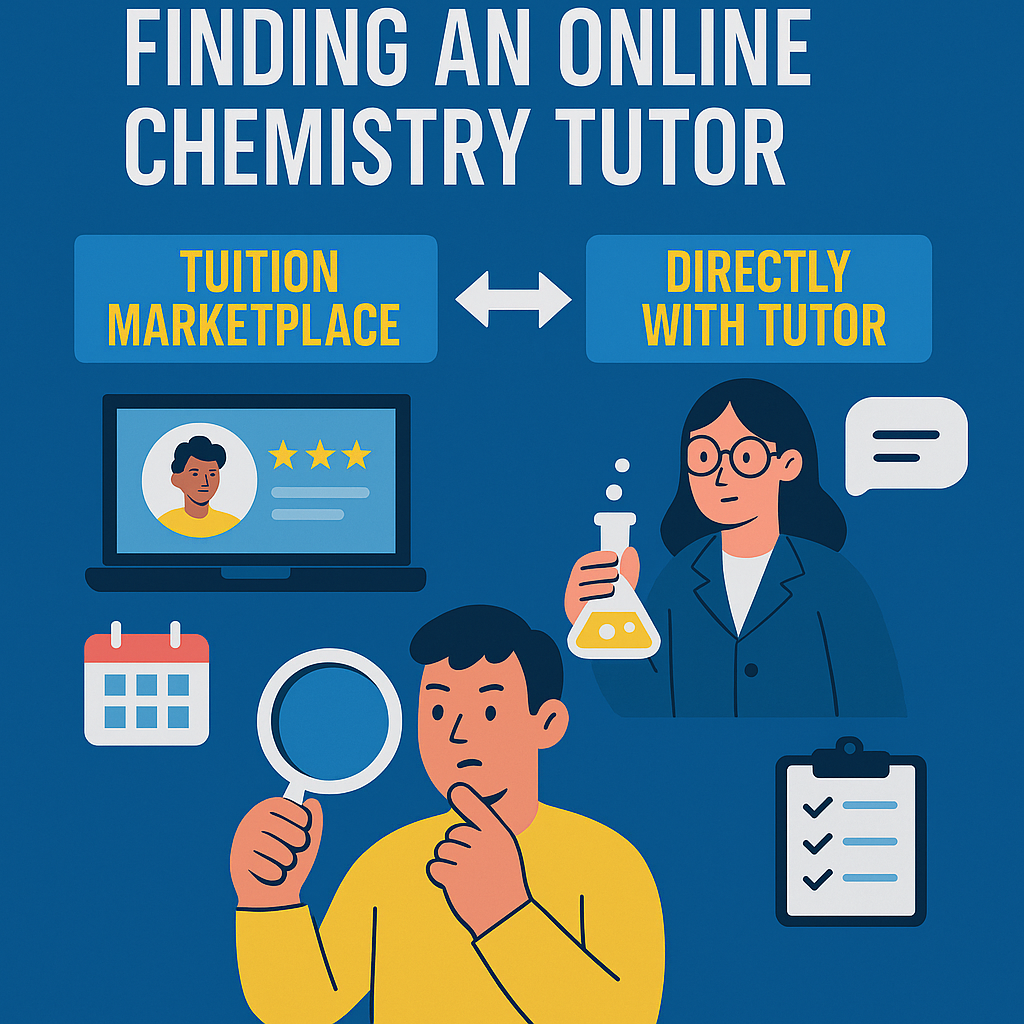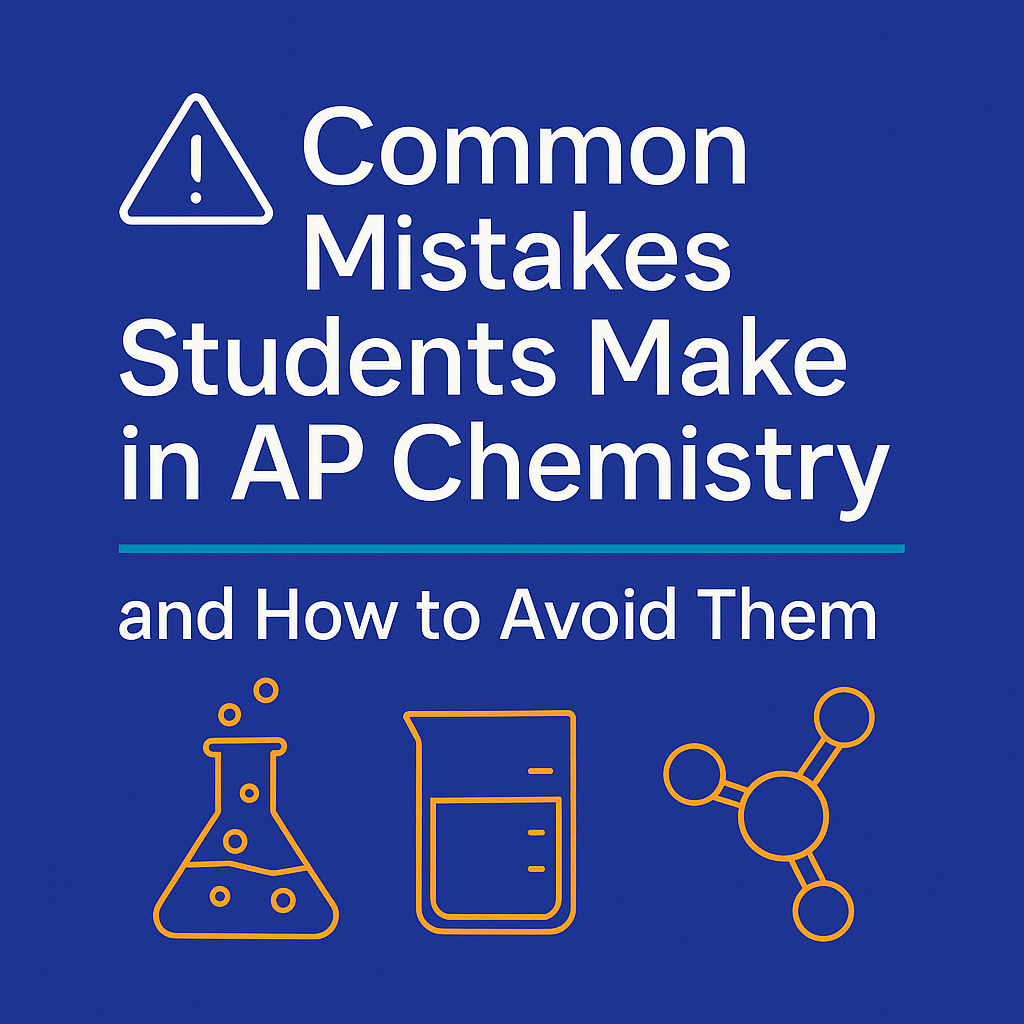How to Prepare for CIE IGCSE Chemistry: What Really Works
CIE IGCSE Chemistry rewards students who prepare with structure, strategy, and smart revision.
Preparing for CIE IGCSE Chemistry can feel overwhelming. The syllabus is broad, the questions can be wordy, and the mark schemes are precise. Whether you're a student aiming for a top grade, a parent supporting a home-educated child, or a tutor guiding candidates to success, you need a focused, practical approach. This blog will show you exactly what works—and what doesn’t—when preparing for CIE IGCSE Chemistry in 2025.
Start With the Right Syllabus
The CIE IGCSE Chemistry course has two key versions:
0620 – International (non-UK)
0971 – UK version (identical content but graded 9–1 instead of A*–G)
You also need to know whether you’re preparing for:
Core tier – For students targeting grades 5/C and below
Extended tier – For students targeting up to grade 9/A*
Download the latest syllabus from the Cambridge International website and use it as your roadmap. It outlines:
Topics you need to study
Practical skills you’re expected to know
Which papers you’ll sit in the final exam
Keep the syllabus printed or bookmarked—refer to it regularly as you revise.
Understand the Exam Paper Structure
Your exam paper structure depends on your tier:
Core Tier:
Paper 1: Multiple choice (45 mins)
Paper 3: Theory paper (1 hr 15 mins)
Paper 5: Practical (or Paper 6: Alternative to Practical)
Extended Tier:
Paper 2: Multiple choice (45 mins)
Paper 4: Theory paper (1 hr 15 mins)
Paper 6: Alternative to Practical (or Paper 5 if offered)
Most private candidates and international students sit Paper 2, Paper 4, and Paper 6.
Know the format, number of marks, and style of questions for each paper. This helps you plan your revision and practise effectively.
Build a Weekly Study Plan
Cramming doesn't work for chemistry. You need to spread revision out, focus on understanding, and revisit key topics regularly.
A good weekly routine might include:
2 hours of topic study
1 hour of past paper practice
30 minutes of flashcard or self-quiz work
30 minutes focused on practical knowledge or Paper 6
Use a checklist based on the syllabus to make sure you cover all required content—don’t just rely on your textbook’s chapter order.
Use the Right Revision Materials
You don’t need a mountain of books—just the right ones:
Recommended for Core or Extended Tier:
Cambridge IGCSE Chemistry by Roger Norris (endorsed by Cambridge)
Hodder Education IGCSE Chemistry Revision Guide
Collins Cambridge IGCSE Chemistry Student Book
Save My Exams or Physics & Maths Tutor for targeted practice questions
CIE Past Papers from the Cambridge website or sites like Revision Science
If you’re a private candidate, a workbook with self-assessment tasks can be especially helpful for independent learning.
Focus on the Most Tested Topics
While you should revise everything, CIE IGCSE Chemistry papers often focus on:
Atomic structure and bonding
Acids, bases and salts
The periodic table and group trends
The mole concept and chemical calculations
Rates of reaction and energy changes
Organic chemistry basics
Practical techniques and experiment analysis
Use past papers to identify high-frequency questions and target your revision accordingly.
Learn the Definitions and Equations Cold
You’ll lose marks if you forget:
The difference between element, compound, and mixture
Definitions like oxidation, neutralisation, or isotopes
Units for concentration, volume, or energy
Key equations (e.g. moles = mass / Mr)
Make a revision sheet or flashcards for:
All the syllabus definitions
Important equations
Required units
Test yourself regularly until you can recall them instantly.
Master Multiple-Choice Technique
Paper 2 (or Paper 1 for Core students) is multiple-choice—but that doesn’t mean it’s easy.
Top tips:
Eliminate obviously wrong answers first
Watch for distractors (e.g. misleading diagrams or close numerical options)
Check units before choosing an answer
Don’t spend too long on a single question—move on and return later
Use official past Paper 2s to practise under timed conditions. Focus on accuracy and exam stamina.
Answer Theory Questions Like an Examiner
Paper 4 requires more than just knowing the content. You need to:
Use correct terminology
Structure explanations logically
Understand what the command words mean (e.g. “describe”, “explain”, “predict”)
Show calculations clearly, with units
Be concise—no waffle!
Study past mark schemes to learn what gets marks—and what doesn’t. Practise writing answers and compare them to official responses.
Don’t Skip the Practical Paper (Paper 6)
Private and international candidates usually take Paper 6: Alternative to Practical. This paper tests:
Knowledge of apparatus and experiment setup
Data interpretation and graph skills
Identifying sources of error
Designing or evaluating experiments
It’s often overlooked—but can boost your grade dramatically if you prepare.
How to revise for Paper 6:
Learn the names and uses of common lab equipment
Understand key methods (e.g. titration, filtration, distillation, chromatography)
Practise writing full method descriptions
Analyse past Paper 6 questions with model answers
Watch videos of classic experiments to visualise the process
Use Flashcards and Spaced Repetition
Chemistry is packed with content you must memorise. Use flashcards to test:
Vocabulary and definitions
Equation recall
Reaction conditions
Trends and group properties
Common experiment outcomes
Use apps like Anki, Quizlet, or Brainscape, or make paper flashcards. Review them using spaced repetition—increasing intervals to reinforce memory over time.
Use Past Papers Strategically
Doing past papers is one of the most effective revision techniques. But how you use them matters.
Smart strategies:
Start early—after each topic, do a few exam questions
Group questions by topic (e.g. all bonding questions across papers)
Time yourself under exam conditions
Use a different coloured pen to correct and reflect
Create a “mistake log” to track what you get wrong—and why
By the time of the exam, aim to complete at least:
5 full Paper 2s
5 full Paper 4s
3+ Paper 6s
Study Actively, Not Passively
Avoid passive revision traps like:
Reading your textbook over and over
Highlighting everything
Watching long videos without taking notes
Instead, use:
Practice questions
Flashcards
Teaching a topic to someone else
Self-quizzing
Drawing diagrams or writing summaries from memory
The more you engage your brain, the better you’ll retain the material.
Work With a Tutor (if Possible)
If you’re struggling with:
Explaining theory in your own words
Getting consistent exam marks
Understanding tricky topics like mole calculations or organic reactions
Staying motivated as a private candidate
…a tutor can help you:
Identify your weaknesses
Build exam technique
Stay accountable
Break down complex topics
Mark and give feedback on past papers
Many students see their grades rise by one or two levels with focused support.
Final Week: How to Revise Effectively Before the Exam
In your last 7–10 days before the exam:
Focus on past paper practice
Review your mistake log
Drill equations and definitions
Practise Paper 6 application
Do at least 2 full mock exams
Eat well, sleep properly, and avoid burnout. Use short study bursts (25 minutes on, 5-minute breaks). Focus on confidence and strategy—trust the work you've put in.
Final Thoughts: You Can Succeed With the Right Tools and Plan
CIE IGCSE Chemistry rewards students who prepare with structure, strategy, and smart revision. It's not just about memorising facts—it's about understanding how to apply them.
Whether you're sitting the exam as a private candidate or with your school, the key is consistency and active learning. Use past papers, revise strategically, and build exam confidence over time.
Need Expert Help Preparing for CIE IGCSE Chemistry?
Book a free consultation with Dr Marguerite Quinn, an experienced chemistry tutor who specialises in supporting private candidates and school-based students preparing for the Cambridge syllabus. With tailored support and proven strategies, you can go from confused to confident—and earn the grade you deserve.





Understand AQA A-Level Chemistry Section 3.1.1.2 on mass number and isotopes. Learn key definitions, isotope notation, calculations, and how this topic builds your scientific and exam skills.